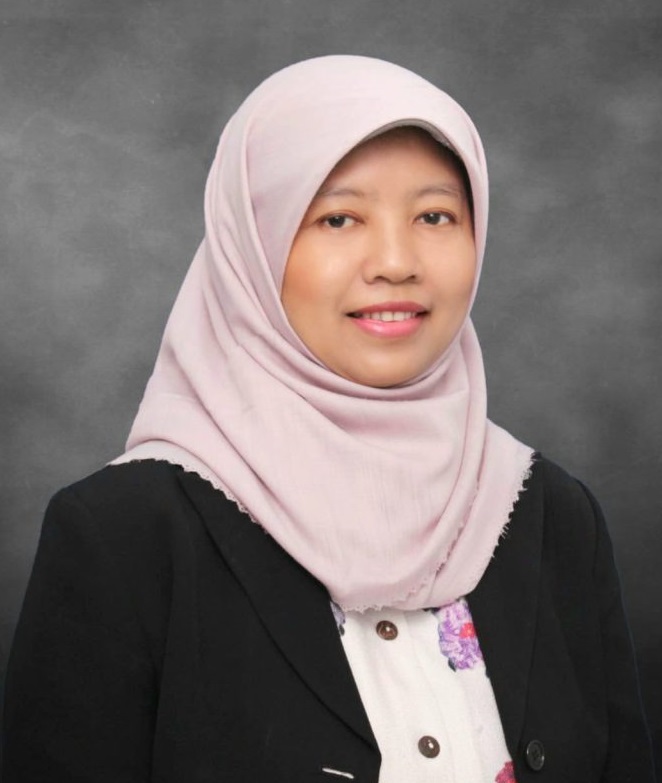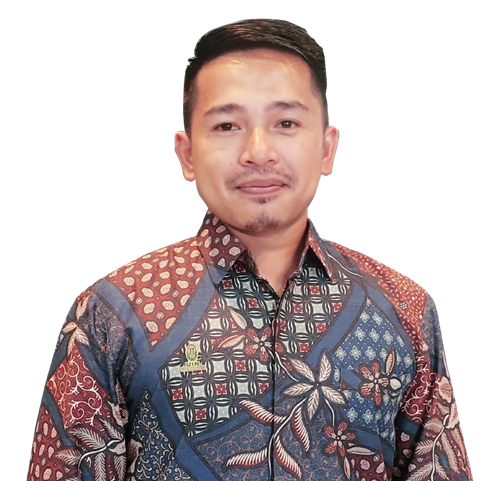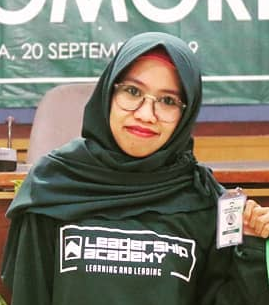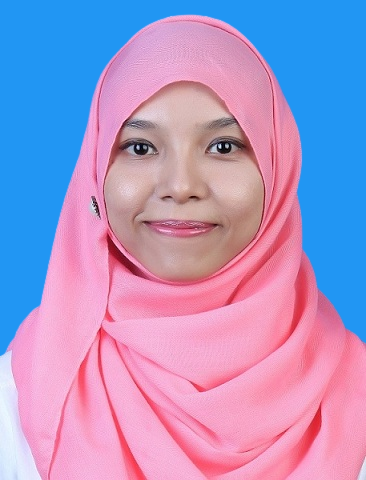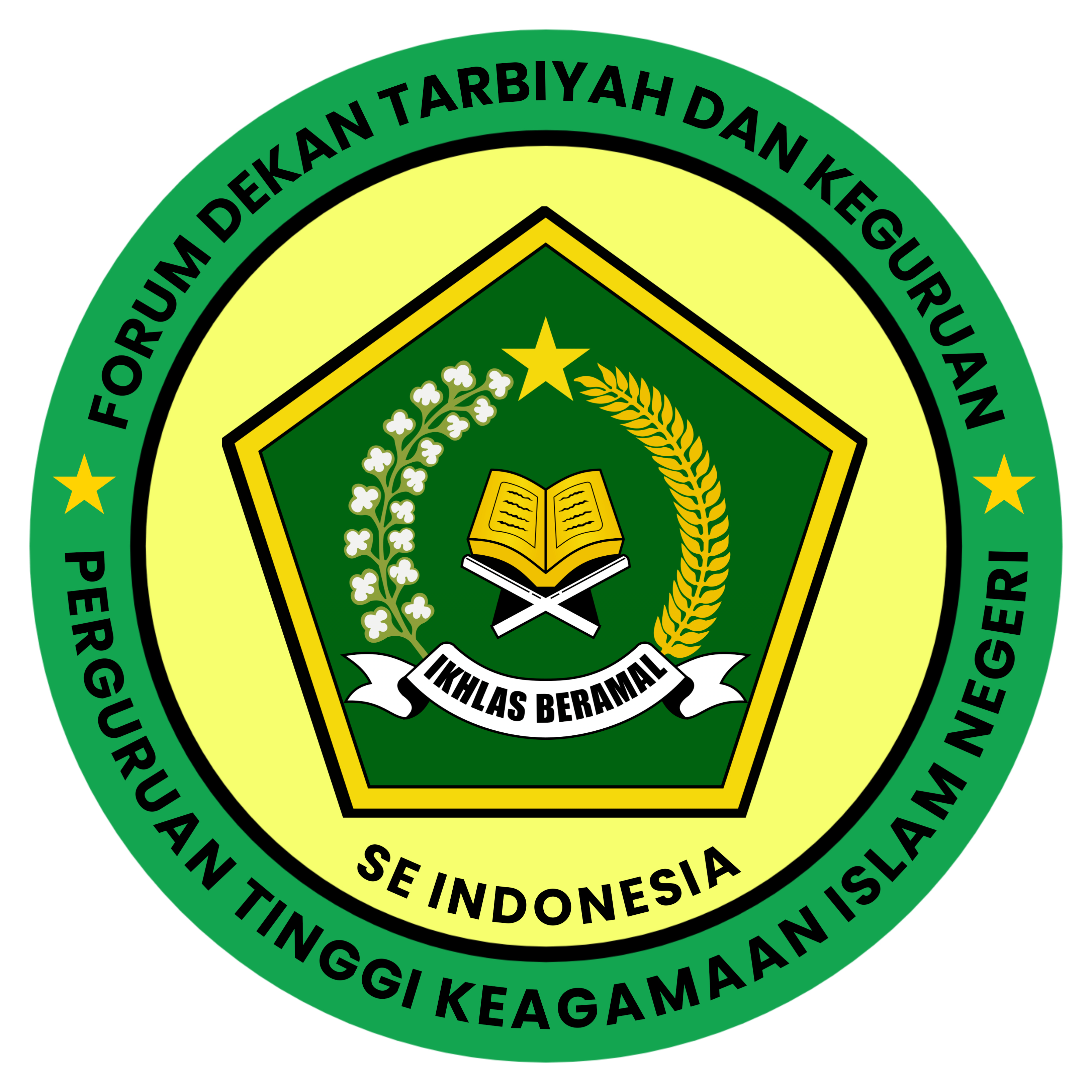Multiliteracy-Based Islamic Religious Education in Enhancing Students' Spiritual Awareness Through the TPACK Approach
Keywords:
Islamic Education, TPACK Approach, Spiritual AwarenessAbstract
Islamic Religious Education plays a strategic role in shaping the spiritual and moral character of students. However, challenges such as low literacy levels and the lack of relevance of educational materials to students' lives often reduce their interest in learning, which negatively impacts their spiritual awareness. This study analyzes the implementation of Multiliteracy-based PAI using the TPACK approach at SMA Negeri 9 Yogyakarta to enhance students' spiritual awareness. Through literature reviews and direct observations, the study found that integrating technology, teaching methods, and religious content within the TPACK framework creates a more interactive, contextual, and engaging learning experience. Strategies such as religious literacy programs, the use of educational applications, and social media have proven effective in overcoming the limitations of traditional methods by making learning more relevant and appealing. This approach not only strengthens students' understanding of religious concepts but also significantly enhances their spiritual awareness. The study emphasizes the importance of incorporating the TPACK framework into the PAI curriculum, highlighting the role of teachers as creative facilitators who innovatively integrate technology with teaching methods. This ensures the relevance of religious education in the digital era while preparing students to face contemporary challenges with a strong foundation of spiritual insight.
References
Afriyanto, Dwi, and Anatansyah Ayomi Anandari. “Transformation of Islamic Religious Education in the Context of Multiculturalism at SMA Negeri 9 Yogyakarta Through an Inclusive Approach.” Jurnal Pendidikan Agama Islam 21, no. 1 (2024): 1–21. https://doi.org/10.14421/jpai.v21i1.7142.
Alia B. Purwakania Hasan. Psikologi Perkembangan Islam. Jakarta: Raja Grafindo, 2008.
atiadharma, dkk. Mendidik Kecerdasan. Jakarta: Pustaka Populer Obor, 2003.
Bianco, J.L. Multiliteracies and Multilingualism Dalam Multiliteracies: Literacy Learning and the Design of Social Futures. New York: Routledge, 2000.
Cope, Bill, and Mary Kalantzis. Multiliteracies: Literacy Learning and the Design of Social Futures. New York: Routledge, 2000.
Danah Zohar dan Ian Marshall. SQ: Kecerdasan Spiritual. Bandung: Mizan, 2007.
Fahmi, Ahmad Nur, Munawir Yusuf, and Mohammad Muchtarom. “Integration of Technology in Learning Activities: E-Module on Islamic Religious Education Learning for Vocational High School Students.” Journal of Education Technology 5, no. 2 (June 20, 2021). https://doi.org/10.23887/jet.v5i2.35313.
Hambali, Hambali, Fathor Rozi, and Mardiya Mardiya. “TECHNOLOGY IN EDUCATION; TPACK AS AN APPROACH TO BECOMING A REVOLUTIONARY TEACHER IN THE DIGITAL AGE.” Academy of Education Journal 14, no. 2 (July 1, 2023): 171–85. https://doi.org/10.47200/aoej.v14i2.1646.
Hidayat, Wildan Nur, Nurlaila Nurlaila, Eko Purnomo, and Noor Aziz. “Technological Pedagogical and Content Knowledge (TPACK) in Islamic Religious Education in the Digital Era.” Al Hikmah: Journal of Education 4, no. 1 (2023): 93–106. https://doi.org/10.54168/ahje.v4i1.145.
Ivanic, R. Bringing Literacy Studies into Research and Prospects Dalam The Future of Literacy Studies. New York: Palgrave MacMillan, 2009.
Kayati, N. F., Hidayatullah, S. ., & Jainuddin, J. (2025). Legal Implementation in the Digital Era: Protection of Child Support Rights after Divorce in Indonesia. Hakamain: Journal of Sharia and Law Studies, 4(1), 1–13. https://doi.org/10.57255/hakamain.v4i1.1317
Khoimatun, Khoimatun, and Asrizal Wahdan Wilsa. “Penerapan Model Pembelajaran Multiliterasi Untuk Meningkatkan Keterampilan Berpikir Tingkat Tinggi Mahasiswa Pendidikan Guru Sekolah Dasar.” Jurnal Basicedu 5, no. 6 (2021): 5968–75. https://doi.org/10.31004/basicedu.v5i6.1603.
Koehler, Matthew J., and Punya Mishra. “What Happens When Teachers Design Educational Technology? The Development of Technological Pedagogical Content Knowledge.” Journal of Educational Computing Research 32, no. 2 (March 22, 2005): 131–52. https://doi.org/10.2190/0EW7-01WB-BKHL-QDYV.
M. Amin Abdullah. Studi Agama: Normativitas Atau Historisitas. Yogyakarta: Pustaka Pelajar, 2004.
Majid, Abdul, and Dian Andayani. Pendidikan Agama Islam Berbasis Kompetensi. Bandung: Remaja Rosda Karya, 2006.
McKee, J., and D. Ogle. Integrating Instruction: Literacy and Science. Tools for Teaching Literacy Series. Guilford Publications, 2005.
Minanti Tiyan Saputri, Alfi Julizin Azwar, Deddy Ilyas. “Strategi Peningkatan Kecerdasan Spiritual (Studi Kasus Di SMP Nurul Qomar Palembang).” Healing, Spiritual Tasawuf, Jurnal Vol, Psikoterapi Raden, U I N Palembang, Fatah 4, no. June (2023): 36–41.
Morocco, Catherine Cobb, Cynthia Mata Aguilar, Carol Bershad, Andrea Winokur Kotula, and Alisa Hindin. Supported Literacy for Adolescents. Wiley, 2008. https://doi.org/10.1002/9781118269350.
Naimi, Nadlrah, Nur Sakinah, Universitas Muhammadiyah, and Sumatera Utara. “Implementasi Contextual Learning Dalam Pembelajaran Pendidikan Agama Islam.” Educate: Journal Ilmu Pendidikan Dan Pengajaran 1, no. 2 (2022): 219–37. https://doi.org/10.56114/edu.v1i2.391.
Niess, M.L. “Preparing Teachers to Teach Science and Mathematics with Technology: Developing a Technology Pedagogical Content Knowledge.” Teaching and Teacher Education 21, no. 5 (July 2005): 509–23. https://doi.org/10.1016/j.tate.2005.03.006.
Novanda, Yopi. “Pelaksanaan Gerakan Literasi Sekolah Di Sekolah Menengah Atas Pada Tiga Kabupaten Daerah Istimewa Yogyakarta.” Jurnal Pendidikan Bahasa Dan Sastra Indonesia 7, no. 2 (2018): 88–96. http://journal.student.uny.ac.id/ojs/index.php/pbsi/article/view/11463.
Nuryani, Pupun, Yunus Abidin, and Yusuf Tri Herlambang. “Herlambang Multiliterasi” 11, no. 2 (2019): 117–26.
Pullen, Darren L., and David R. Cole. Multiliteracies and Technology Enhanced Education: Social Practice and the Global Classroom. New York: Information Science Reference, 2010.
Rahman, Fathur. “Kesadaran Dan Kecerdasan Spiritulitas.” Tasamuh: Jurnal Studi Islam 9, no. 2 (2018): 377–420. https://doi.org/10.32489/tasamuh.213.
Rumadani Sagala. Pendidikan Spiritual Keagamaan (Dalam Teori Dan Praktik). Yogyakarta: SUKA-Press, 2018.
Sholehuddin, M. Sugeng, Miftah Mucharomah, Wirani Atqia, and Rofiqotul Aini. “Developing Children’s Islamic Spiritual Intelligence in the Digital Age: Indonesian Family Education Methods.” International Journal of Instruction 16, no. 1 (2023): 357–76. https://doi.org/10.29333/iji.2023.16120a.
SHULMAN, LEE S. “Those Who Understand: Knowledge Growth in Teaching.” Educational Researcher 15, no. 2 (February 1, 1986): 4–14. https://doi.org/10.3102/0013189X015002004.
Siswanto, Wahyudi. Membentuk Kecerdasan Spiritual Anak. Jakarta: AMZAH, 2012.
Sukidi. Rahasia Sukses Hidup Bahagia: Kecerdasan Spiritual: Mengapa SQ Lebih Penting Dari Pada IQ Dan EQ. Jakarta: PT. Gramedia Pustaka Utama, 2002.
Susrizal, Silvia. “Islamic Education Teachers’ Efforts in Developing Students’ Spiritual Potencial in Learning (a Study At Smp N 29 Padang).” Ta’dib 20, no. 2 (2017): 167. https://doi.org/10.31958/jt.v20i2.716.
Yufriadi, F. (2024). Mohammad Natsir Thought on Reactualising Religious Nationalism in Indonesia. Hakamain: Journal of Sharia and Law Studies, 2(1), 139–149. https://doi.org/10.57255/hakamain.v2i1.166
Yunus Abidin. Desain Sistem Pembelajaran Dalam Konteks Kurikulum 2013. Bandung: Refika Aditama, 2015.
———. Pembelajaran Multiliterasi. Bandung: PT Refika Aditama, 2015.
Zamani Dzaki Aflah, Tasman Hamami. “Pendekatan TPACK Dalam Pembelajaran Pendidikan Agama Islam.” : : Prosiding Ilmu Kependidikan UNIDA Gontor 2 (2023): 342–44.
Downloads
Published
How to Cite
Issue
Section
Citation Check
License
Copyright (c) 2025 Dwi Afriyanto, Mohd. Shahrul Bin Kamaruddin, Sukiman Sukiman

This work is licensed under a Creative Commons Attribution-ShareAlike 4.0 International License.



